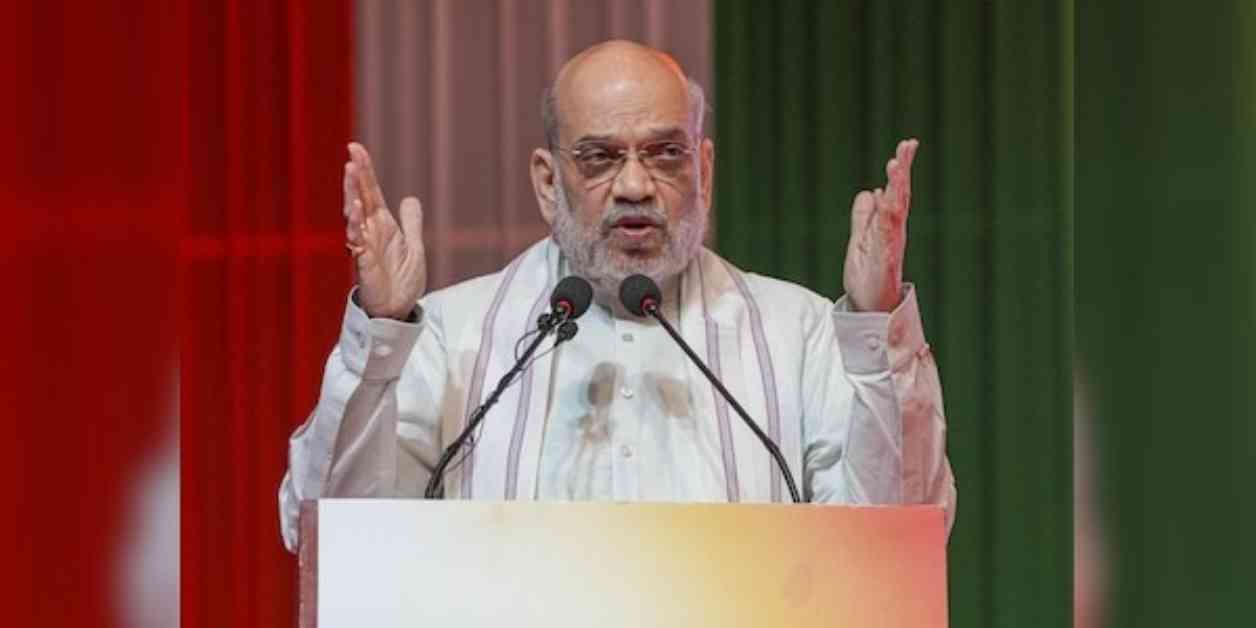Government’s Focus on Farmer-Friendly Policies in First 100 Days
In a significant move towards prioritizing the welfare of farmers, the government has implemented several farmer-friendly policies in its first 100 days of the third term. Union Home Minister Amit Shah highlighted the government’s commitment to improving agricultural productivity and exports during a press conference on the completion of 100 days of the Modi 3.0 regime.
Key Initiatives for Farmers Welfare
Amit Shah listed several works initiated for the welfare of farmers, emphasizing the launch of the agriculture fund to support startups and rural enterprises. The government has taken steps to drive agricultural innovation through the Agriculture Infrastructure Fund, which has been expanded to enhance agricultural infrastructure and provide support to farmers. An allocation of Rs 14,200 crore has been made across seven schemes to improve the lives and livelihoods of farmers.
Support for Farmers through PM-KISAN Scheme
One of the key achievements in the farm sector highlighted by the minister is the disbursement of Rs 20,000 crore to 930 million farmers under the Pradhan Mantri Kisan Samman Nidhi (PM-KISAN) scheme. This scheme offers an annual benefit of Rs 6,000, distributed in three equal instalments of Rs 2,000 every four months directly into the bank accounts of eligible farmers through the Direct Benefit Transfer (DBT) system.
Enhancing Agricultural Infrastructure and Market Access
The government’s focus on improving agricultural infrastructure and market access is evident through initiatives such as the construction of wheat silos with a combined capacity of 3.4 million tonnes across the country. This move aims to reduce grain losses and extend shelf life, benefiting farmers in the long run. Additionally, special Di-Ammonium Phosphate (DAP) subsidy packages have been provided to ensure affordable soil nutrient availability for farmers.
Promoting Innovation and Sustainability in Agriculture
In a bid to promote innovation and sustainability in agriculture, the government has dedicated 109 climate-resilient and biofortified high-yielding crops to boost productivity and bridge the gap between lab and land. Initiatives such as ‘Mission Mausam’ with a Rs 2,000 crore outlay aim to create a weather-ready and climate-smart Bharat, directly benefitting the agriculture sector. The Digital Agriculture Mission will help modernize farming practices through digital technology.
Boosting Ethanol Production and Irrigation Capacity
To boost ethanol production, sugar mills are being converted into multi-feed distilleries, allowing for the production of ethanol from sources like maize in addition to sugarcane juice. This move will help in utilizing resources efficiently based on the demand for sugar production. The government has also sanctioned Rs 12,100 crore for the Polavaram Irrigation Project to boost irrigation capacity and enhance agricultural productivity.
Supporting Export and Quality Standards
In a move to support exports, the government has scrapped the minimum export price (MEP) on onion and basmati rice. This decision aims to enhance India’s agricultural exports and strengthen its position in the global market. Additionally, under the Clean Plant Programme with a budget of Rs 1,765 crore, the government will enhance fruit crop standards and establish state-of-the-art clean plant centres and multi-product irradiation facilities for preserving fruits and vegetables.
Conclusion
The government’s implementation of farmer-friendly policies in its first 100 days reflects its commitment to prioritizing the welfare and prosperity of the farming community. With a focus on enhancing agricultural productivity, infrastructure, and exports, these initiatives are poised to bring about positive changes in the lives of farmers across the country. The government’s efforts to support innovation, sustainability, and market access in agriculture demonstrate a holistic approach towards ensuring the growth and well-being of the agricultural sector.




















